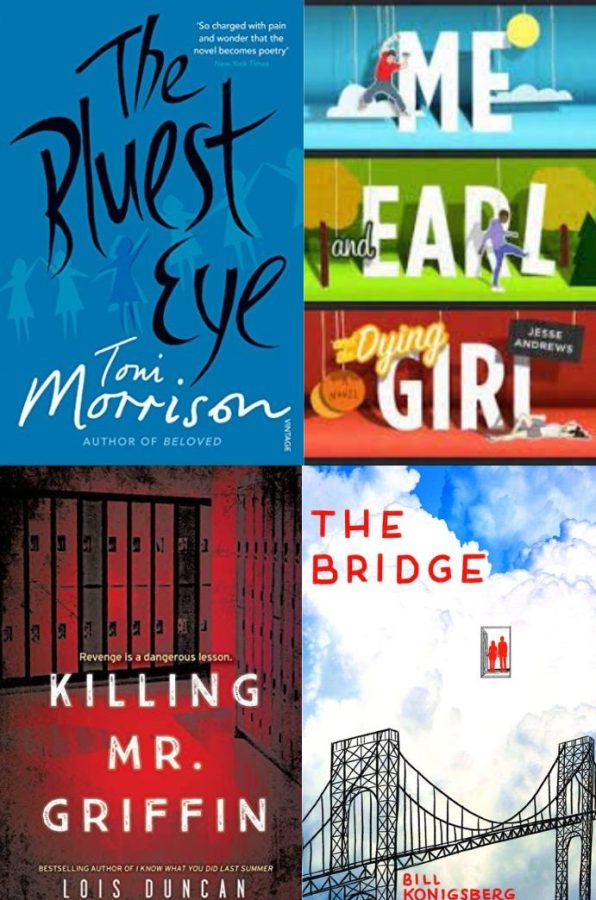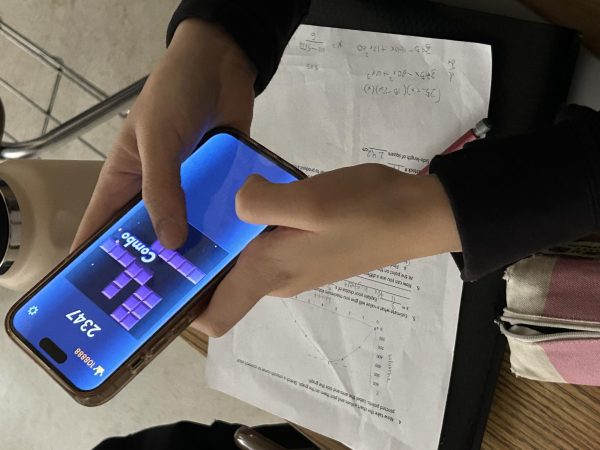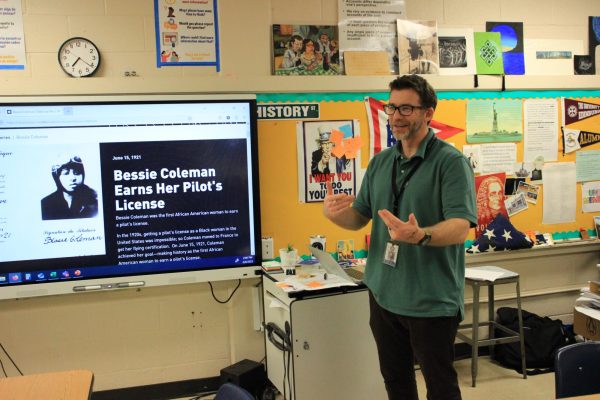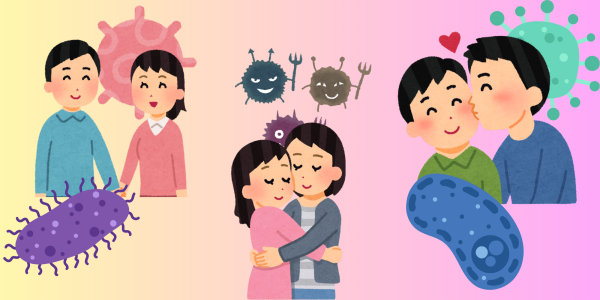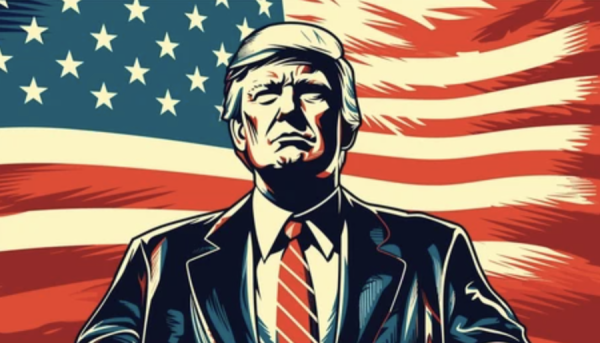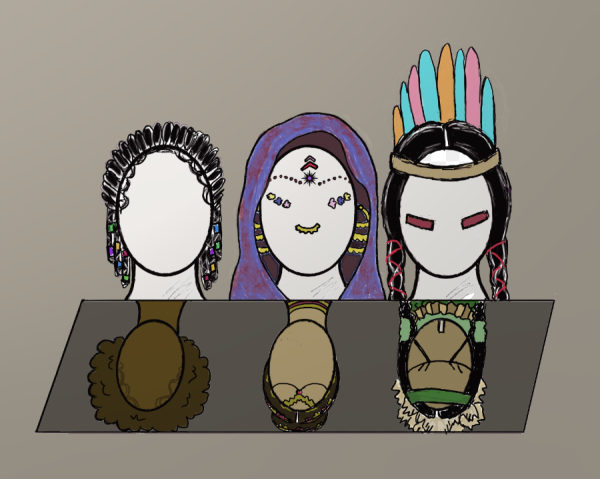Censorship encroaches the classroom
The National Library Association releases a list of the most challenged books every fall season. The books are commonly taken out of curriculums and censored in libraries. These four books are classically banned novels in the literary world.
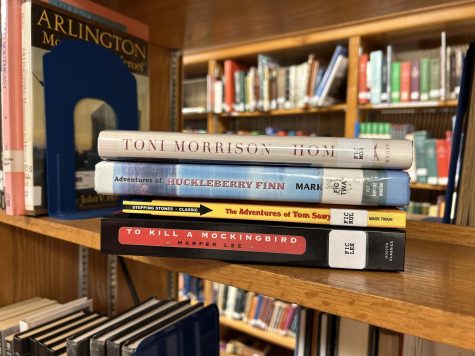
Since the early 1980s, the National Library Association has been releasing a list of books that are frequently challenged by parents and politicians. Teachers annually await the start of Banned Book Week at the beginning of each school year.
“National banned book week started to call attention to books that were being challenged, and has ironically become a popular selling activity for book stores,”AP Literature teacher Monique Fisher said. “Usually in October [bookstores] will have their banned book table. I noticed Novel Bookstore had not only the most banned books, but also a little blurb explaining why they were being challenged.”
Teachers across districts have been instructed to stick to strict summer reading lists. They are forced to cut typical lists from three or four books to maybe one or two. The books are regulated to ensure that transfer students will be able to pick up where they left off.
“We used to read many more novels and now we have been squeezed down to a very minimal number, and we are only reading excerpts.” CLUE teacher Rob Wade said. “When we reduce literacy, it begins to kill enthusiasm.”
Although some students may prefer less reading, the lack of crucial literature can negatively impact students’ education. These short snippets of literature are meant to prepare the students for the nature of state testing rather than impart valuable ideals.
“We are becoming misguided to focus on test scores and excerpts rather than literature,” Wade said. “This is happening predominantly because we are reducing the importance of literacy and working with only one summer book.”
The excerpts are considered to allow students to comprehend a theme from a part of a literary work. However, many novels are meant to be read in their entirety to grasp the progression of the work and its subjects.
“You have to look at a piece of literature as a whole,” Fisher said. “For years, the most challenged book was The Adventures of Huckleberry Finn because it uses [offensive language], but the person using the word is the most foul character. If you take that out, you take away the power of the rest of the novel.”
The cutbacks of full literary dissection are selling students short. Students typically do not have the privilege to read these novels in their entirety and experience the effect of distinguished books. Teachers have noticed a steady decline in students’ interest in their English classes.
“I would not be surprised to hear students expressing some sort of resentment or apathy simply because they are held to a standard of test scores,” Wade said. “We have become obsessed with the data and miss the forest through the trees. English is very holistic and can create these wonderful ‘a-ha’ moments for students.”
Literature has been the basis of society and culture since the beginning of oral storytelling and fables. As society has progressed through culture, so has literature and its complexities.
“It is common in history that there are periods of renaissance and decadence,” Wade said. “In the periods of renaissance we focus on those values that are life affirming and uniting, but with decadence, we start to worship the false gods of hedonism, materialism and narcissism. Our society begins to fall because we do not focus on soul fulfilling aspects such as literature.”
Books and works of literature are essential to personal and societal growth. They allow everyone to access knowledge and understand each other’s views. Without access to controversial works, society may become emotionally stunted, losing access to expression and development.
“Books help you grow as a person…I have learned a lot from the books I have read that I would not have learned at school,” Tejasvi Epuri (12) said. “[If I had not had access to these books] I would definitely be emotionally stunted as a person.”
Your donation will support the student journalists of White Station High School. Your contribution will allow us to purchase equipment and cover our annual website hosting costs.



































